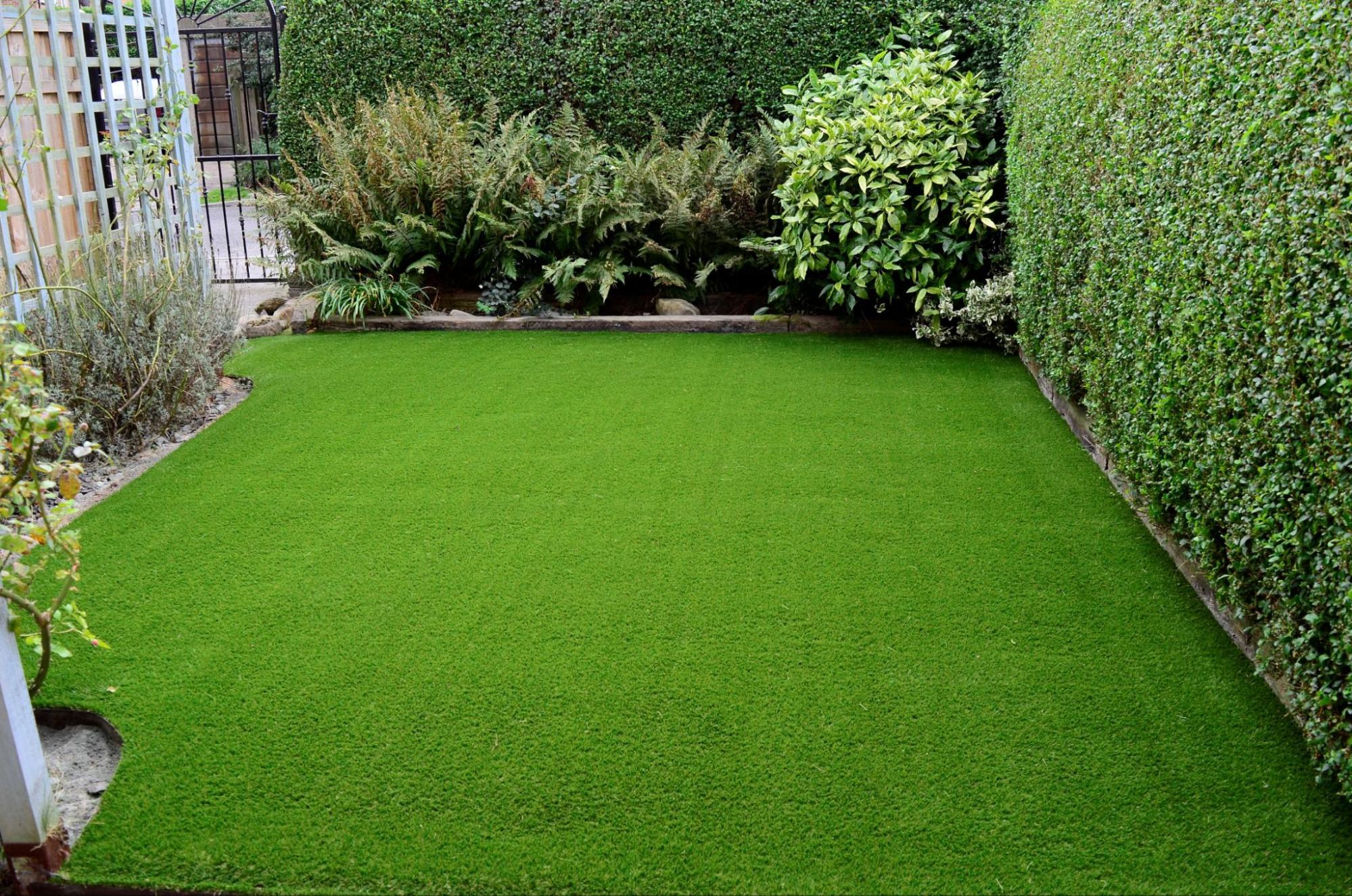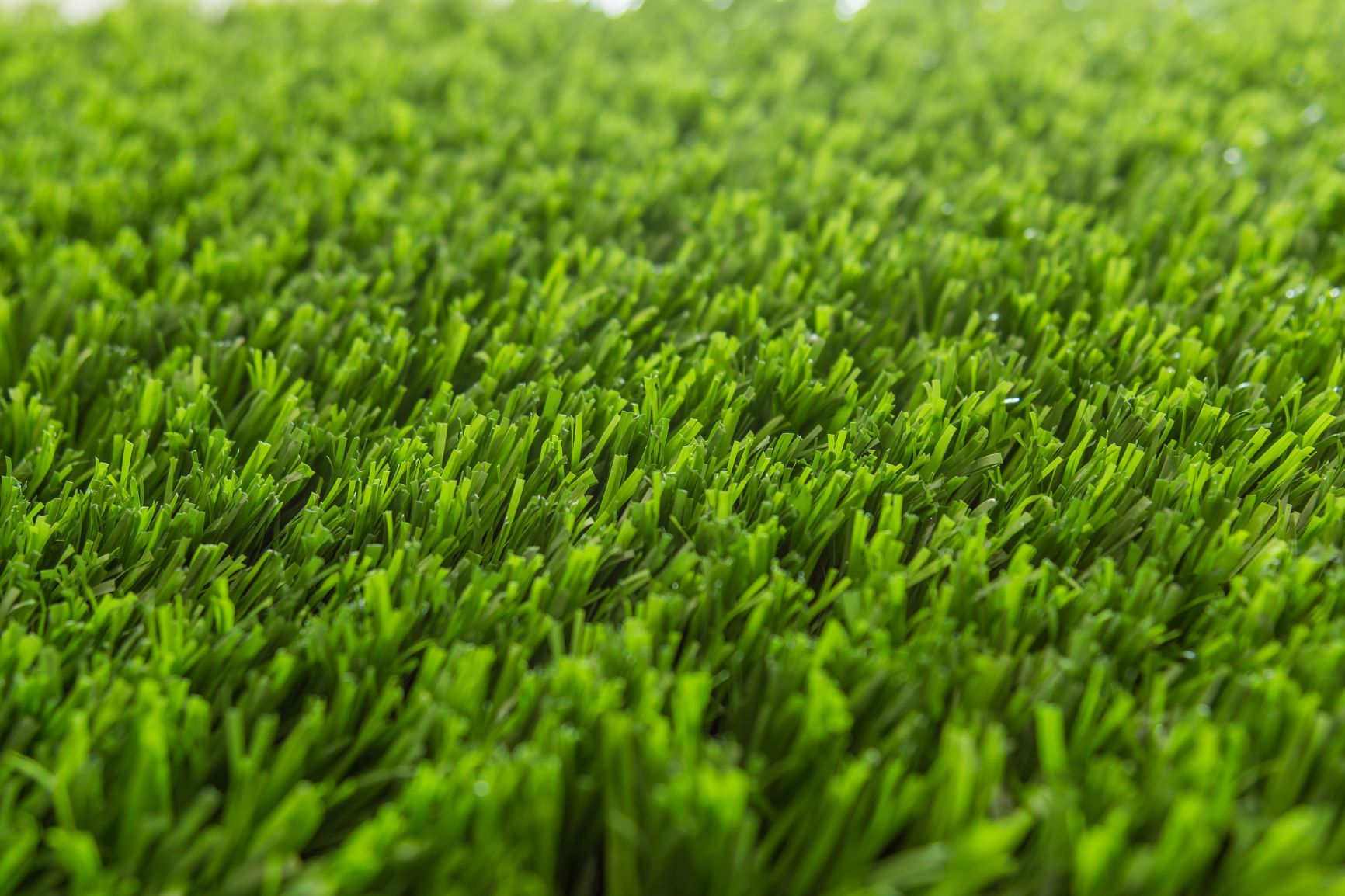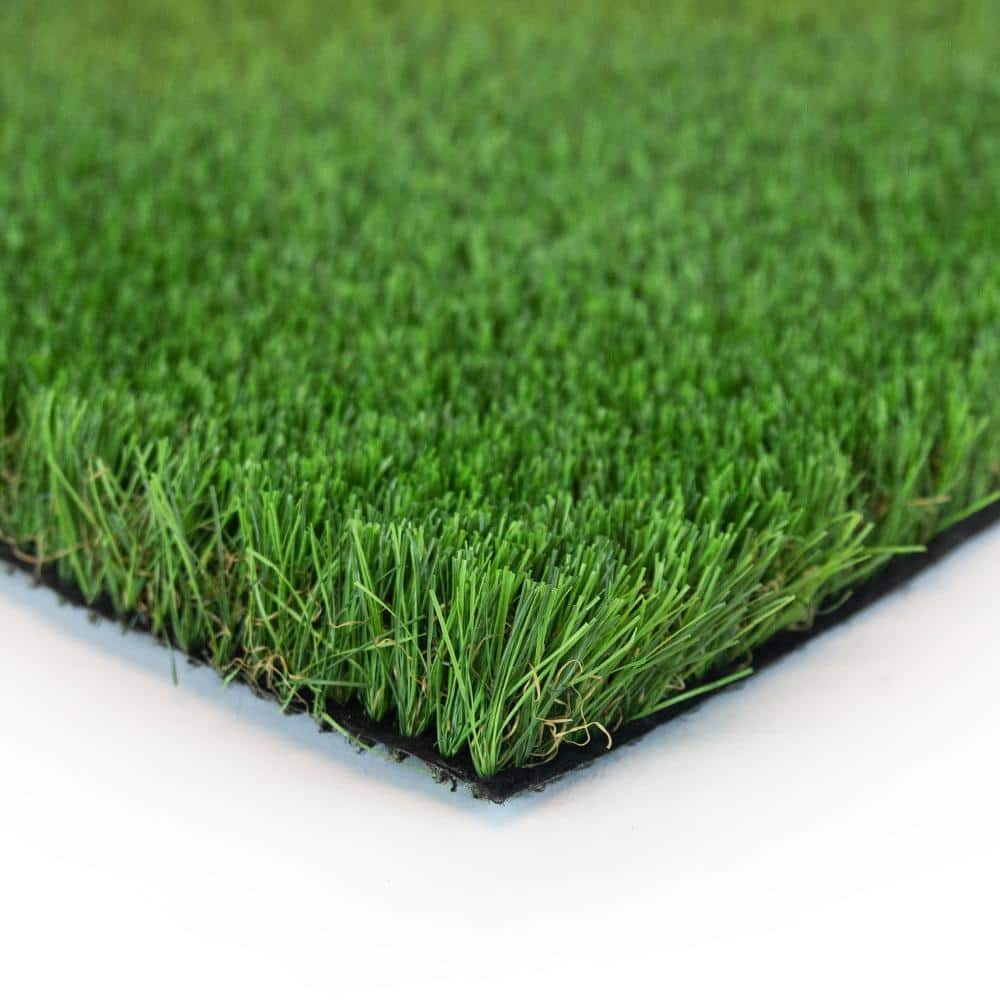Enhance Your Outdoor Space with Arizona Artificial Turf for a Vibrant Green Look
Enhance Your Outdoor Space with Arizona Artificial Turf for a Vibrant Green Look
Blog Article
Delve Into the Environmental Perks of Opting for Artificial Lawn Solutions
The fostering of artificial lawn solutions provides an engaging opportunity to attend to pressing ecological challenges. By dramatically decreasing water use and lessening the application of unsafe chemicals, these options not only advertise sustainable landscaping however likewise secure neighborhood communities.
Water Preservation Benefits
One of the most considerable benefits of synthetic lawn is its capability to save water. In contrast, synthetic lawn does not require watering, considerably decreasing the overall demand for water resources.
By eliminating the requirement for normal watering, synthetic grass adds to sustainable landscape techniques and helps mitigate the ecological impact of excessive water usage. Moreover, the conservation of water reaches the reduction of runoff, which can result in dirt disintegration and waterway air pollution.
Furthermore, the installment of artificial lawn permits house owners and municipalities to allocate water resources much more successfully, concentrating on vital uses such as alcohol consumption water and agriculture. The change towards synthetic grass not just promotes accountable water use yet additionally lines up with broader ecological goals intended at protecting all-natural sources.
As neighborhoods increasingly focus on sustainability, the water preservation benefits of synthetic grass provide an engaging situation for its fostering in property and commercial landscaping projects.
Lowered Chemical Use
The transition to man-made turf dramatically decreases the dependence on chemical therapies commonly utilized in all-natural grass maintenance. Standard lawn management usually involves the application of chemicals, fertilizers, and herbicides to promote growth and control pests. These chemicals can present risks to human health and wellness, neighborhood wild animals, and the atmosphere, adding to dirt and water contamination.
In comparison, artificial turf removes the need for these hazardous materials. Once installed, it needs minimal upkeep, mostly including normal cleaning and infrequent infill replenishment. This decrease in chemical use not only benefits the immediate environment but also adds to wider environmental security. By minimizing the release of synthetic compounds into the ecological community, synthetic grass promotes much healthier dirt and water supply.
Additionally, the absence of chemical drainage linked with fabricated grass installations assists shield regional waterways from pollution, supporting aquatic life and preserving biodiversity. Artificial turf companies phoenix. As neighborhoods significantly prioritize lasting practices, choosing fabricated turf provides a sensible service that lines up with environmental preservation goals. Via this change, building owners can appreciate lavish green areas without compromising ecological health, leading the way for a more sustainable future
Lower Carbon Footprint

Furthermore, the installation of synthetic grass can result in substantial water conservation. All-natural lawns require substantial quantities of water for watering, which not just contributes to the carbon impact connected with water removal and treatment yet also stress local water resources. In comparison, man-made turf needs minimal maintenance, needing no watering, thereby considerably reducing water use and its associated power costs.
In addition, the longevity of synthetic lawn adds to its decreased carbon impact. With a life-span of up to 15 years or even more, the demand for constant substitutes is reduced, leading to less waste and reduced power intake in production and dealing with traditional yard options. Overall, synthetic grass provides a lasting choice for ecologically mindful landscaping.
Environment Preservation
Environment conservation is an important consideration in the debate over landscape design choices, specifically when comparing synthetic grass to all-natural grass. All-natural grass lawns frequently require considerable upkeep, consisting of using fertilizers, herbicides, and chemicals, which can adversely impact neighborhood communities. These chemicals can leach right into the dirt and rivers, hurting native vegetation and fauna and interrupting neighborhood environments.
On the other hand, man-made turf Check This Out offers an opportunity to minimize the ecological impact of landscaping. By choosing artificial turf, homeowners can decrease the disruption of all-natural habitats related to standard lawn treatment practices. Synthetic grass removes the demand for unsafe chemicals, consequently safeguarding nearby wildlife and maintaining the integrity of bordering communities. The installation of fabricated lawn can lead to the conversion of previous grass locations into more biodiverse landscapes, such as pollinator gardens or native plant locations, which can support regional wildlife.
Ultimately, the transition to fabricated lawn not only preserves water and reduces upkeep efforts but likewise promotes an extra harmonious relationship in between human activities and the natural surroundings, promoting environment conservation in the procedure.
Long-Term Sustainability
Lasting sustainability is a vital consider assessing the benefits of artificial turf over typical lawn lawns. Among one of the most substantial advantages of synthetic grass is its toughness; it can last approximately 15-20 years with marginal maintenance, whereas natural turf calls for frequent reseeding and replacement. This longevity minimizes the demand for constant visit our website sources, such as water, plant foods, and chemicals, which are important for preserving a healthy turf lawn.
Furthermore, artificial lawn adds to a reduction in carbon exhausts connected with lawn care tools. Conventional yards commonly need gas-powered mowers, leaners, and blowers, every one of which contribute to air contamination. Artificial turf companies phoenix. On the other hand, man-made grass eliminates the requirement for such equipment, promoting a cleaner environment
Additionally, the manufacturing of synthetic grass progressively makes use of recycled materials, enhancing her response its sustainability account. As makers take on environment-friendly methods, the environmental footprint of synthetic grass remains to decrease.

Final Thought
The fostering of synthetic grass services provides substantial ecological benefits, consisting of considerable water preservation, decreased reliance on unsafe chemicals, and a reduced carbon footprint. Furthermore, man-made grass help in preserving all-natural environments by reducing land disturbance and promoting long-term sustainability via making use of resilient products. Jointly, these factors highlight the possibility of fabricated grass to contribute favorably to environmental health and offer a viable option to conventional landscaping techniques in a significantly resource-conscious globe.
In contrast, synthetic turf does not need watering, considerably decreasing the total need for water sources. By decreasing the release of synthetic substances into the community, artificial turf promotes healthier dirt and water systems.
Additionally, the setup of artificial turf can result in considerable water conservation. In contrast, man-made grass needs minimal maintenance, calling for no watering, therefore substantially lowering water use and its connected power expenses.

Report this page